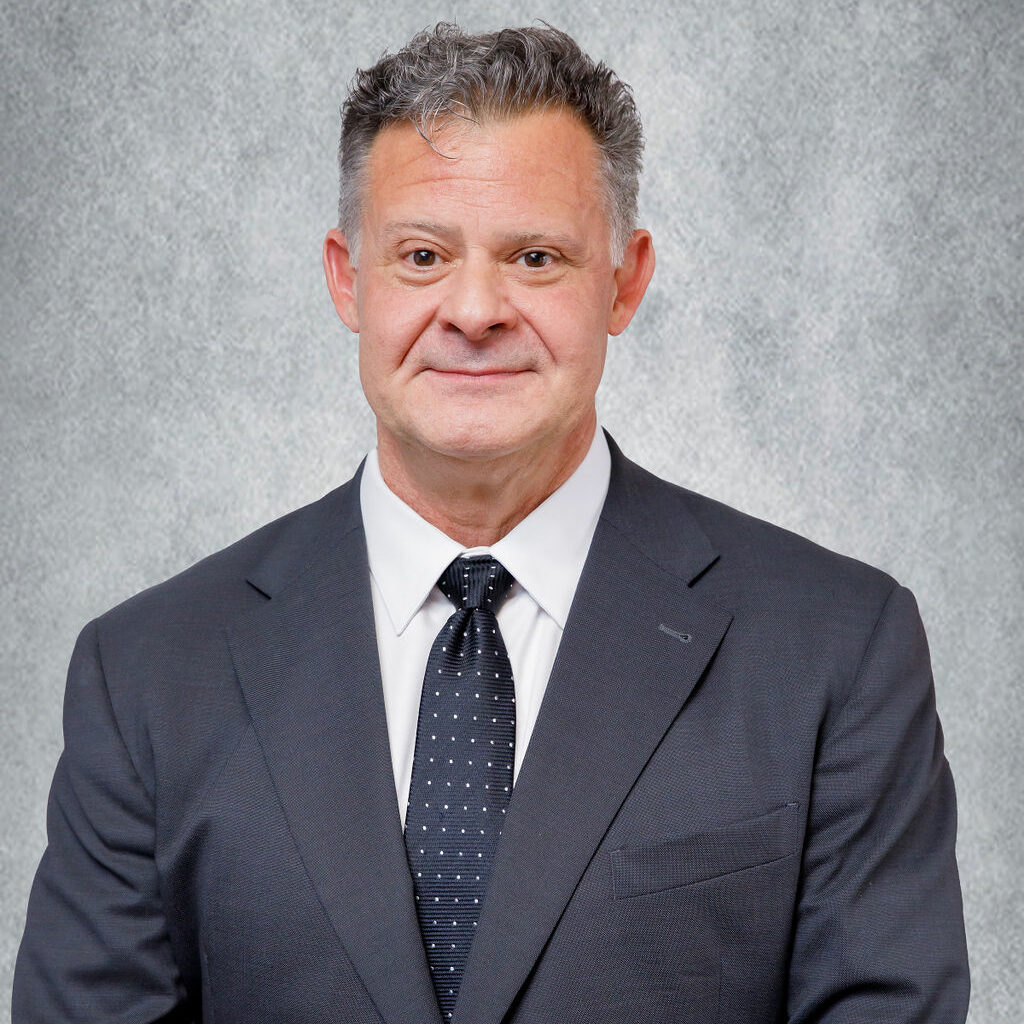

What happens to that money will depend on whether you have a joint account. If you don't have a joint account, what happens to your money will depend on whether you have a beneficiary designated for your account.
Motley Fool’s recent article, “Here's What Happens to Your Bank Account When You Pass Away,” says that married people in Tyler commonly open joint bank accounts. Sometimes, non-married family members open accounts jointly for different purposes.
If you have an account with a spouse or another person, and you die, the account will generally become the property of the joint holder. If you designate a beneficiary on your bank account, that person will generally be entitled to receive the money in it. This is true even if you don't have a will.
Like retirement or money market accounts, bank accounts can have a beneficiary named in the account information to whom the account assets will pass. Even with a designated beneficiary on your bank account, the account will likely have to go through the Texas probate process. Sometimes, a will could make it so you can avoid probate. However, even if not, a will drafted with an experienced estate planning attorney, like Bradley Campbell, can make it clear who the money in your bank account is supposed to be assigned to. Read more in our article, How to Transfer Property After Death: A Guide to Protecting Your Legacy
If you don't have a spouse, children, or other relatives, and you pass away without having designated a beneficiary for your bank account, after the Texas probate process, the money in that account will likely become the property of your estate. However, this will generally only occur if you don't have a will or a beneficiary on your account and have no clear beneficiaries that can be identified through the probate process.
It may be that you have no family but have an old friend that you want to leave your money to in the event of your death. Another way to pass on your money and property is through naming a charitable organization in your estate plan to which your assets will pass after you are gone.
In the digital age, our lives are increasingly online—from financial transactions to social media engagements and cloud-stored family photos. It's more and more common for Tyler residents to do the majority of their banking online. However, keep in mind that your loved ones cannot simply login to your accounts without specific consent. Sharing passwords, for instance, not only violates service terms but also federal laws.
It's a good idea for Tyler residents to put a will in place, even if you don't have much in the way of assets or are single. A valid will on file makes it more likely that your wishes are carried out upon your death. If you're certain you want a specific person or charitable organization to receive the funds from your bank account after your passing, make them your account's beneficiary.
If you're uncertain how to do that, talk to your bank and ask what paperwork you must submit. Taking a little time to designate a beneficiary could make it so a person you care about gets your money after you pass, instead of becoming state property. Book a consultation with Tyler Estate Planning Campbell Law Firm to discuss how you can create a clear path for your money and property after you pass away.




